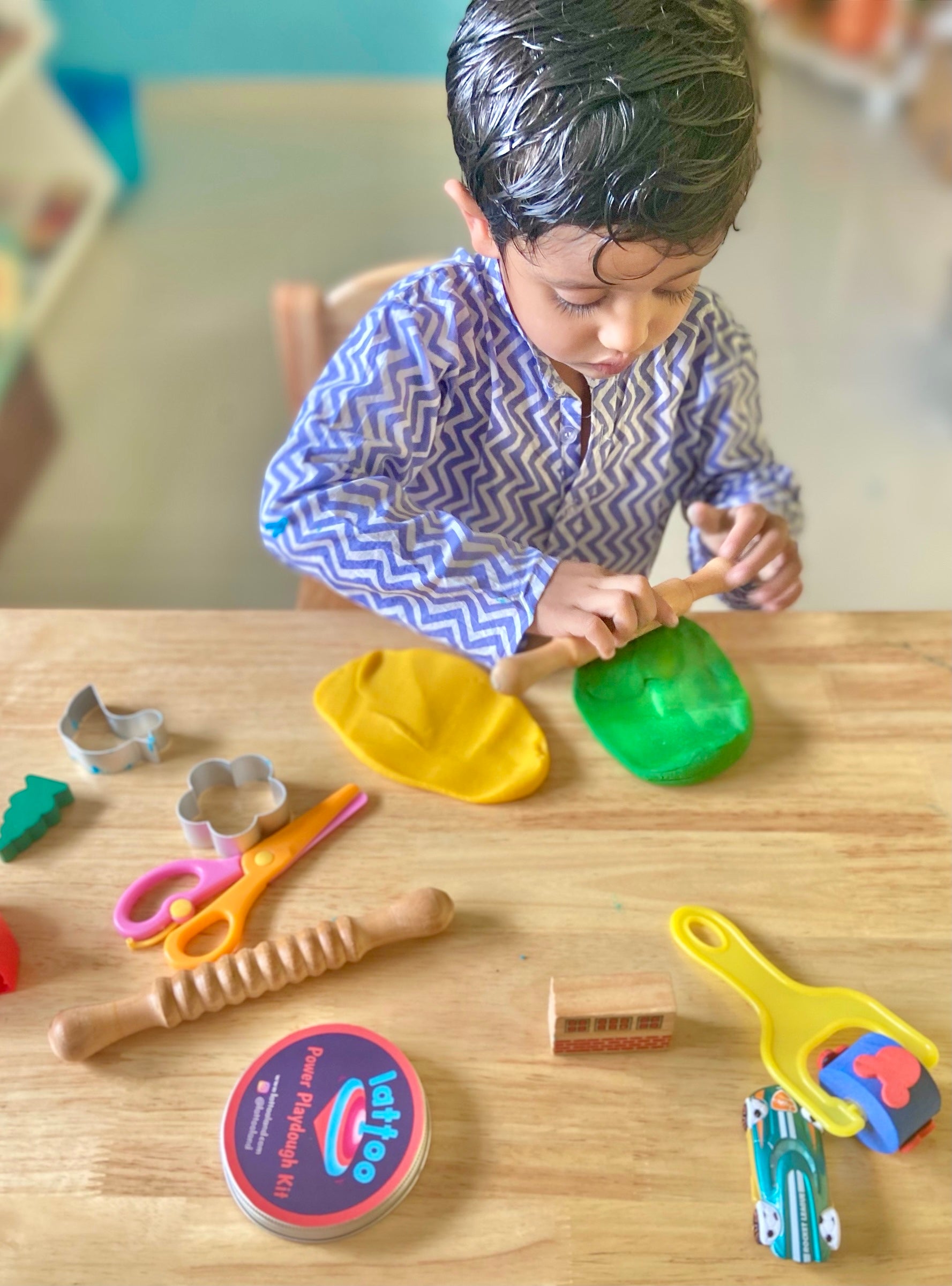The six stages of play for kids
Play is an essential part of childhood, and it plays a crucial role in a child's physical, emotional, and social development. As a parent or caregiver, it is essential to understand the different stages of play to support your child's growth and development. In this article, we will explore the six stages of play age wise- unoccupied play, solitary play, onlooker play, parallel play, associative play, and cooperative play:

-
Unoccupied Play (0-3 months): Unoccupied play is the stage where a child is not really playing, but rather exploring their surroundings and their body parts. They may be walking around, looking at their hands, or simply sitting and observing.
-

-
Solitary Play (0-2 years): Solitary play is when a child plays alone, without any interaction from other children and explores the surroundings. This is important for them to understand how the environment functions.

-
Onlooker Play (2-3 years): Onlooker play is when a child observes other children playing but does not participate. This stage of play helps children understand how human beings communicate, interact with the environment and how kids play.

-
Parallel Play (3-4 years): Parallel play is when a child plays alongside other children, but does not interact with them. This stage of play is crucial for developing social skills, such as learning to share and take turns. Our Garden Sensory Play Kit is perfect for this stage of play, as children can play alongside each other and explore the different items in the kit.

-
Associative Play (3-5 years): Associative play is when a child plays with other children, but each child is doing their own thing. Our Taste-Safe Clay Dough kit is perfect for this stage of play, as children can create their own designs independently while playing with the same kit.

-
Cooperative Play (4-6 years): Cooperative play is when a child plays with other children and works together to achieve a common goal. This stage of play helps children to develop their teamwork and problem-solving skills, as they learn how to work together and support each other.
In conclusion, understanding the different stages of play is important for parents and caregivers to support their child's development through play. From unoccupied play to cooperative play, our sensory play kits are perfect for every stage of play, making learning fun and enjoyable for children.











